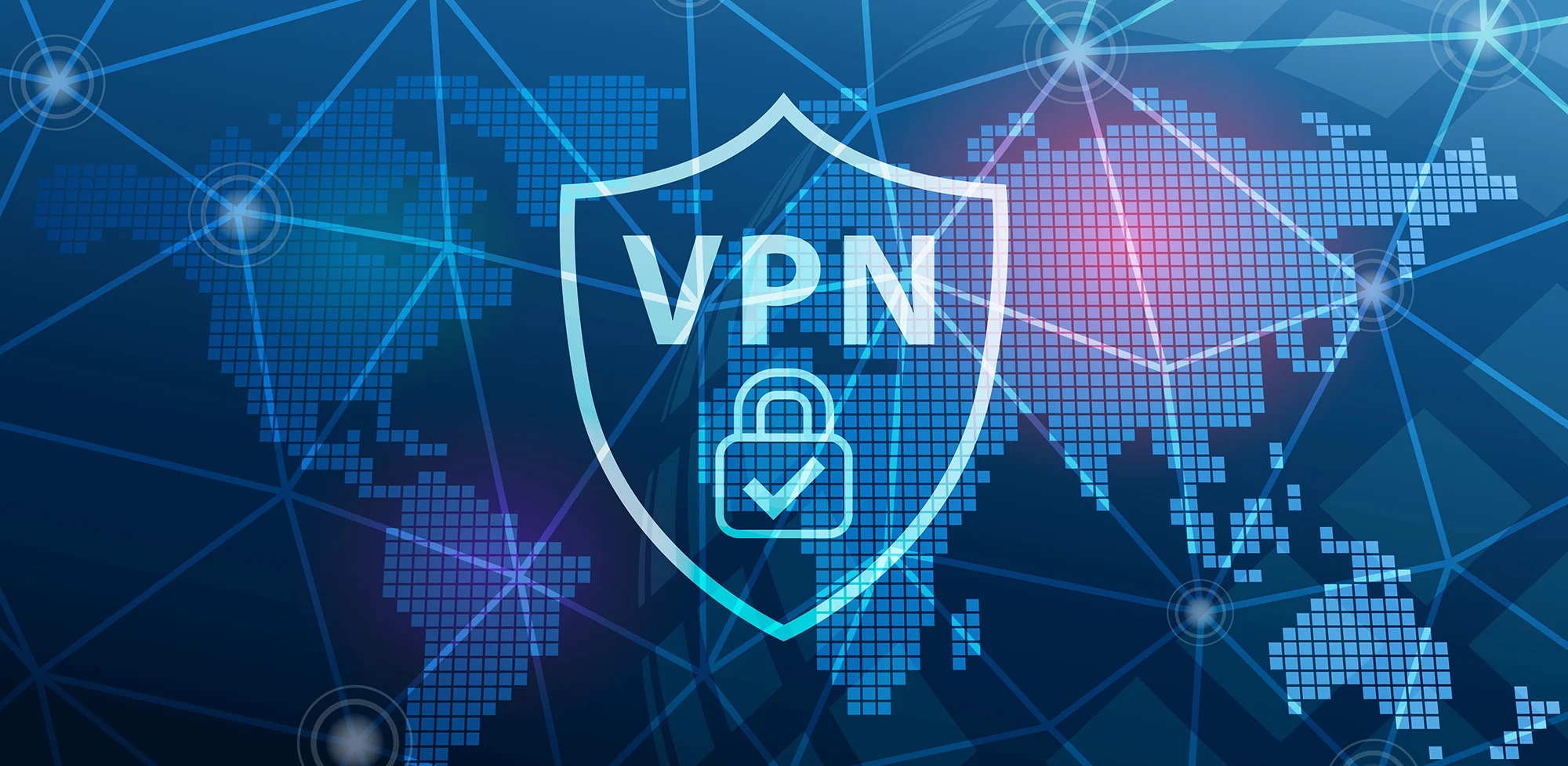To be more secure online, you need to use a VPN service. A VPN ensures that your online activity is encrypted so only authorized users can see it. It also has a “no-logs” policy, meaning that an attacker cannot access your encrypted information.
Using a VPN protects your online privacy
A VPN connection is excellent for protecting your online privacy as it provides more robust security, prevents Wi-Fi spying, and prevents man-in-the-middle attacks. They also allow you to connect safely to public hotspots. ISPs make real money from selling your browsing data, so they must ensure that they don’t monitor you. VPNs also allow you to access geo-restricted websites and services.
While VPNs cannot completely protect your online privacy, they can significantly reduce the number of online privacy breaches. For example, a tech-savvy stalker can track you wherever you go online, even if you don’t post your whereabouts on social media. They can even convince you to text in secret codes when discussing plans with friends or family. In addition to accessing your internet address, a stalker can monitor your search history and other information about you.
Another way that VPNs protect your online privacy is by obscuring your location. This helps avoid being tracked by advertisers, who can use your IP address to identify you. Using a VPN prevents this and can also protect your financial data. Moreover, your IP address does not match the location of the website you are visiting.
Encryption scrambles data
VPN encryption scrambles data to keep it safe when transmitted over the internet. This method uses complicated math to create two encryption keys—public and private. Once these keys are generated, each party uses one to encrypt and decrypt data. After the data is encrypted, it is passed through the VPN server and directed to its destination. By using encryption, only authorized users can see the data.
VPN encryption protects your data from eavesdropping and other threats. This security measure is necessary because your internet connection is often vulnerable to eavesdropping. Wi-Fi networks, for example, constitute a significant risk to private information unless password-protected. The best way to protect your privacy and secure your data is to use VPN encryption. This process scrambles data so that only authorized users can decipher it.
No-logs policy
A no-logs policy means that the VPN provider will not log any traffic to or from its server. This is important because government cybersecurity agencies use these logs to identify potential national threats. Log files are typically produced by routers, firewalls, and web services. Sometimes, they contain user logins for a VPN service. A no-logs policy means that an attacker cannot access these logs.
Many VPNs will claim to be no-logs, but a closer look reveals that some offer more than a no-logs policy. Some VPNs even include malware and actively sell users’ information to third parties. If you want complete privacy and security, choose a VPN with a no-logs policy.
In addition to a no-logs policy, ensure your VPN does not collect personal information. Some VPNs collect data about your connection and usage, including your IP address and billing information. The no-logs policy is essential because it ensures that an attacker cannot access your protected information while using a VPN.
Endpoint protection is another essential feature of a no-logs VPN service provider. This feature creates an encrypted tunnel between your computer and the destination, ensuring that no one can see your private information while you’re online. Without endpoint protection, your data is vulnerable to hackers, government officials, and cyber criminals. Also, look for a VPN that includes automatic kill switches to prevent unencrypted data transfer.

